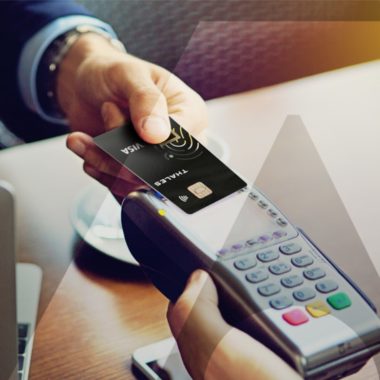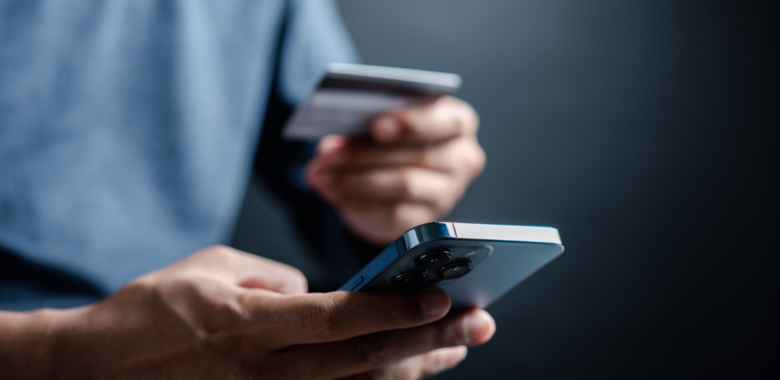Paying for goods and services using our smartphones or contactless credit cards is now second nature to most of us. As consumers, being able to tap and instantly pay is the sort of convenience that we’ve come to expect. An additional use case of contactless payments has come to light in recent months as health officials have warned against direct interaction with other people to stem the spread of the Coronavirus – this includes reducing the number of times we hand over physical currency to pay for things as well as the instances where entering a PIN is required.
A growing segment of the contactless market is the use of biometric technology to augment the existing payment experience. In the case of payment cards, this includes adding a fingerprint sensor as a means to heighten security when making contactless payments but also as a means to boost limitless contactless transactions.
As an acknowledgement of the rapid growth of this area, Visa has awarded the Thales Biometric Sensor Payment Card a full certification. This world-first now means that the biometric card can be deployed commercially by any Visa issuer in the world to their customers with no spending restrictions. This card solution is ready for large scale deployment.
But why are biometric cards such an important area of growth? Here we explore why this is such a key step in the payments space.
Heightened security for contactless payments
First and foremost, biometric cards add an additional layer of security to contactless payments. The fingerprint sensor ensures that only the consumer enrolled on the card can use it to make payments.
With the number of fraud cases continuing to rise over the last few months as bad actors take advantage of Coronavirus-related misinformation and uncertainty, this layer of security is a much-needed point of reassurance for consumers.
It’s also important to note that the fingerprint reference data is stored in the card’s secure chip – and so never leaves the card. This reassures consumers that their personal data isn’t held on a bank’s servers or sent over the air to a centralised database. And if the card is stolen, it becomes useless.
Higher contactless payment limits
This additional level of security unlocks other functionalities, such as being able to place a much higher limit on contactless payment transactions. This is highly convenient, but that’s not all. This is especially useful in these socially distant times, as using a biometric card, you can pay for bigger ticket items and still not have to input your PIN – thereby helping to reduce the amount of physical contact you have with the card reader.
Next level enrolment convenience
While the card itself is inherently convenient in enabling higher contactless payments, it also boasts an easy enrolment process.
Banks will have the option to enrol customers in different ways – either in branch or at home via a special card reader. In the latter case, users simply have to scan their fingerprint five times to capture different parts of it until the green light flashes. On successfully doing so, the card will be ready to use. Activation is then completed during the first transaction at the Point of Sale.
Simplicity is key here as the aim is for consumers to complete this setup without direct over-the-phone guidance of bank personnel. The ability to do this from home is also important in light of fears around the pandemic and the need to only make essential trips outside of the house.
Biometric cards are the next step in the evolution of contactless payments because they enhance the convenience of being able to pay with a contact-free card, while also amplifying the level of security.
Now that the Thales EMV contactless biometric payment card has been certified by the major EMV brands Visa and Mastercard, and has been proven successful by a series of trials around the world, Thales is ready to provide the industry-first contactless biometric solution for commercial roll-out. These certifications are also an acknowledgement that the market is ready for the widespread adoption of this technology – and Thales is well positioned to deliver.
Learn more about biometric payment cards.



